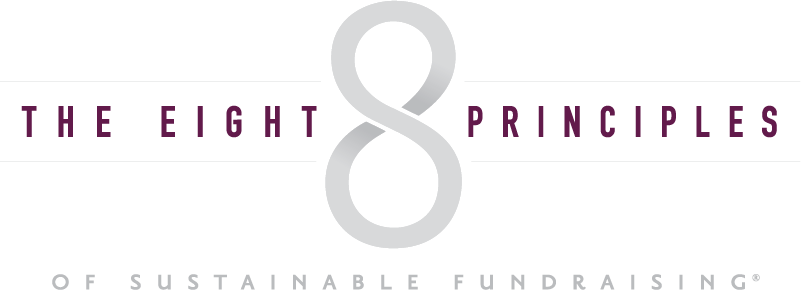![]() On the face of it, the concept of the nonprofit “customer” may appear to be an oxymoron. The immediate inclination might be to identify those persons that are direct recipients or beneficiaries of the services and/or programs of the charitable organization. Under scrutiny, however, this analogy breaks down. There is a group of individuals that are the customers—and it’s not those just mentioned.
On the face of it, the concept of the nonprofit “customer” may appear to be an oxymoron. The immediate inclination might be to identify those persons that are direct recipients or beneficiaries of the services and/or programs of the charitable organization. Under scrutiny, however, this analogy breaks down. There is a group of individuals that are the customers—and it’s not those just mentioned.
Consider the concept of a customer-investor—someone who fundamentally wants to see the nonprofit deliver—deliver on its mission. These customers drive the organization because they energize the mission, not merely receive it. Who are these folks? Long-term donors who, more than anything want to see the mission become reality: greater educational opportunity, better health, engaged youth, mouths fed, people rescued from destructive behavior—the list goes on.
In the for-profit world, the customer is—or should be—king. So should it be in the nonprofit world. What’s that? Simply that your donors—especially those serious long-term investors who give year-in and year-out, are those that should drive your program or “product” offerings.
The difficulty is that many nonprofits have the sequence reversed. They want their programs—things that they have designed to generate the gifts (or revenue). It doesn’t work that way. The for-profit world learned a long time ago that the adage “if you build it they will come,” no longer works—if it ever did.
Donors who stay with you—and most of the others—give to see effectual, positive change that they believe in. It’s not about your programs, it’s about your results.
So, for that nonprofit that you lead or devote your life energies to, reach out to those who are your investors—your donors. Come together on the mission and listen very carefully to the outcomes that they desire. Do this and you’ll achieve the triple-win.
Donors will “win” as they will be personally validated, the organization will “win” as it will prosper and grow and—most important—our communities will become healthier, happier and more enlightened places to live, and the wounded and hurting among us will feel the healing powers of compassion.
Larry C Johnson
Twitter: Larry_C_Johnson
Facebook: The Eight Principles
LinkedIn: Larry C Johnson, CFRE


